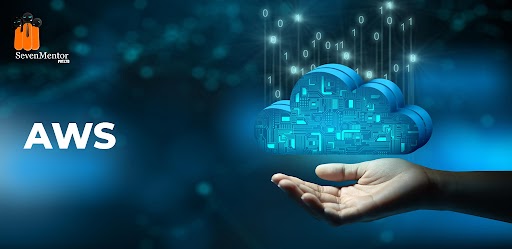Key AWS Concepts for Beginners

Embarking on a journey into the realm of cloud computing can be both exciting and overwhelming, especially for beginners. Amazon Web Services (AWS), as a leading cloud services provider, offers a robust platform with a myriad of services and features. To help newcomers navigate this vast landscape, this blog post introduces key AWS concepts, providing a foundational understanding for those embarking on their cloud computing journey.
1. Amazon Web Services (AWS)
What is AWS?
Amazon Web Services, commonly referred to as AWS, is a comprehensive and widely adopted cloud computing platform offered by Amazon. It provides a vast array of services, including computing power, storage, databases, machine learning, analytics, and more. AWS enables businesses and individuals to access and leverage computing resources on a pay-as-you-go basis, eliminating the need for significant upfront investments in hardware.
2. Virtual Private Cloud (VPC)
What is a VPC?
A Virtual Private Cloud (VPC) is a logically isolated section of the AWS Cloud where users can launch AWS resources in a virtual network defined by their specifications. It allows users to have complete control over their virtual networking environment, including the selection of IP address ranges, creation of subnets, and configuration of route tables and network gateways.
3. Amazon EC2 (Elastic Compute Cloud)
What is EC2?
Amazon EC2, or Elastic Compute Cloud, is a foundational AWS service that provides scalable compute capacity in the cloud. EC2 instances are virtual servers that can be quickly provisioned and configured to meet diverse computing needs. Users can choose from a variety of instance types optimized for different workloads, including compute-optimized, memory-optimized, and GPU instances.
4. Amazon S3 (Simple Storage Service)
What is S3?
Amazon S3, or Simple Storage Service, is a scalable object storage service designed to store and retrieve any amount of data from anywhere on the web. It provides highly durable and available storage infrastructure, making it an ideal choice for storing and retrieving large datasets, backups, and static web content.
5. AWS IAM (Identity and Access Management)
What is IAM?
AWS IAM, or Identity and Access Management, is a service that enables users to securely control access to AWS resources. IAM allows the creation and management of AWS users, groups, and roles, providing fine-grained control over permissions and ensuring secure and compliant access to AWS services.
6. Amazon RDS (Relational Database Service)
What is RDS?
Amazon RDS is a managed relational database service that simplifies the process of setting up, operating, and scaling a relational database in the cloud. It supports various database engines, including MySQL, PostgreSQL, Oracle, and Microsoft SQL Server, providing a fully managed and highly available database solution.
7. AWS Lambda
What is Lambda?
AWS Lambda is a serverless computing service that enables users to run code without provisioning or managing servers. With Lambda, users can upload code, define the execution environment, and AWS automatically takes care of the infrastructure, scaling, and maintenance.
8. Amazon CloudWatch
What is CloudWatch?
Amazon CloudWatch is a monitoring and observability service that provides real-time insights into AWS resources and applications. It allows users to collect and track metrics, set alarms, and gain visibility into the performance of AWS resources.
Conclusion
Embarking on the AWS journey as a beginner can be both exhilarating and daunting. These key AWS concepts—ranging from core services like EC2 and S3 to foundational elements like VPC and IAM—lay the groundwork for understanding the fundamental building blocks of cloud computing. As you explore and experiment with AWS, remember that hands-on experience is invaluable. Utilize the AWS Free Tier to get started, dive into documentation and tutorials, and gradually build your expertise in harnessing the power of Amazon Web Services. Whether you’re a developer, sysadmin, or business professional, AWS provides a versatile and powerful platform that can scale with your needs and fuel innovation in the world of cloud computing.






